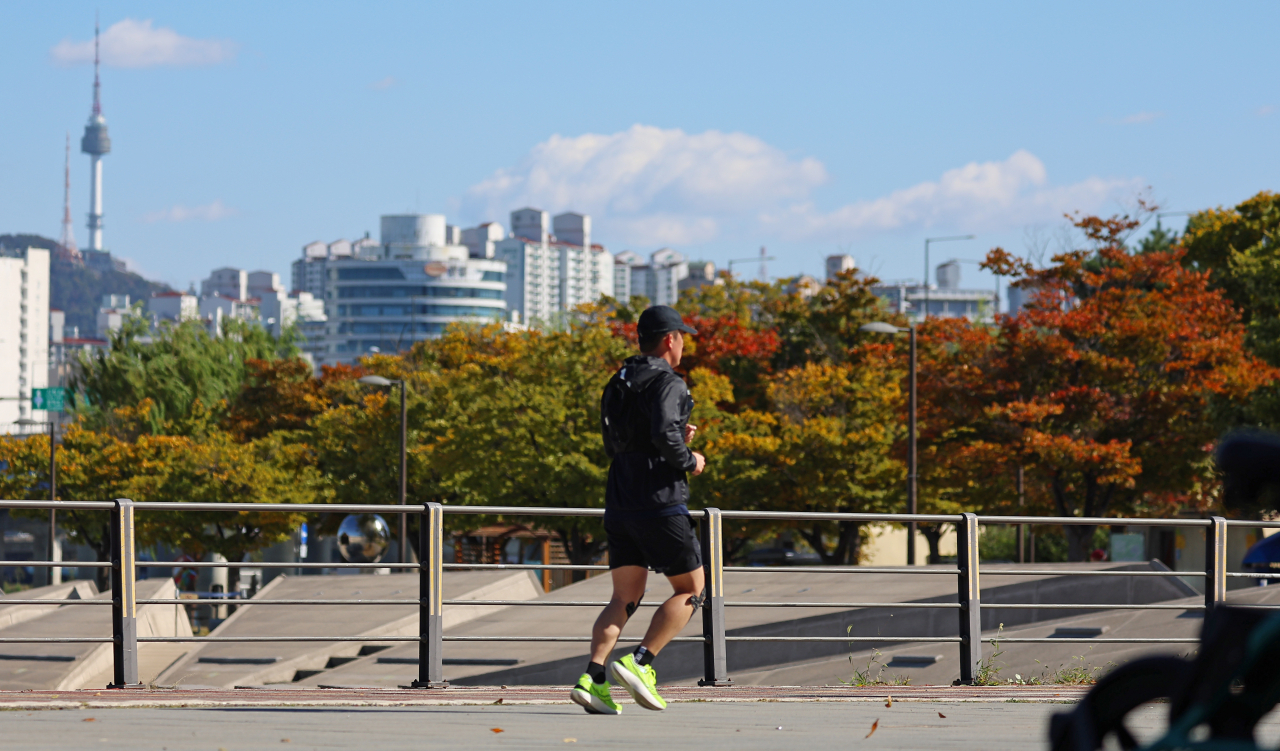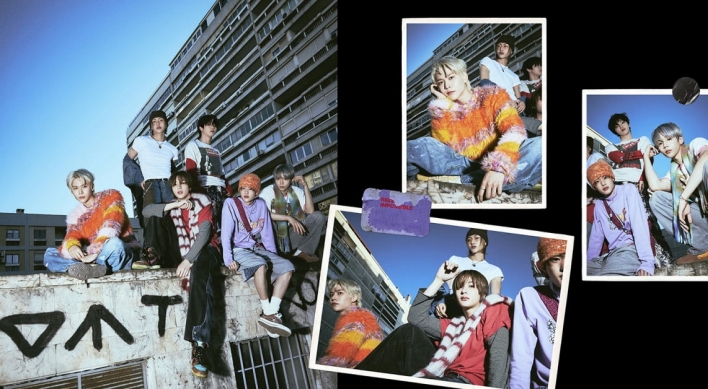Election calculus dominates debate on Seoul expansion plan
By Kim ArinPublished : Nov. 5, 2023 - 18:14

A debate is roiling in South Korea over the plan to make Seoul larger, a recycled election promise that is failing to win voters in and out of the capital, polls reveal.
Enlarging Seoul is a recurring proposal in South Korean politics -- interpreted as being intended to sway voters in the capital’s many satellite cities -- renewed by the People Power Party with the general election less than six months away.
The plan was previously endorsed in past elections by some candidates with the Democratic Party of Korea, which hasn’t taken a position so far this time. Behind the lack of a stance from the opposition is a complicated voter calculus, watchers and analysts say.
Seoul is surrounded by cities and towns known collectively as Gyeonggi Province, home to 11 million registered voters -- the highest in any single municipality in the country. Gyeonggi also has the highest share of economically active population in their 30s and early 40s, with four in one of its residents commuting to and from Seoul daily.
The backers of the plan within the ruling party, including its chief Rep. Kim Gi-hyeon, say Seoul’s expansion would let more have access to the advantages of living in the capital city.
The ruling party chief, floating the plan for the first time last week, claimed that cities bordering Seoul -- namely Gimpo -- were better off being part of the capital. He said that Seoul, the country’s most powerful city, needed to be leveled up in size to match its influence.
“By breaking down the administrative barriers, many satellite areas like Gimpo could benefit from being in the same city as Seoul. The expansion could be a solution to the overcrowding problem in Seoul, which is relatively smaller than other major capitals such as London or Berlin,” he said.
Democratic Party lawmakers, stopping short of criticizing the ruling party proposal, are wary of the People Power Party taking the lead on the discussion concerning the key constituency.
Democratic Party lawmakers representing Gimpo -- Reps. Park Sang-hyuk and Kim Ju-young -- said Sunday that merging Gimpo into Seoul would mean the city, currently part of Gyeonggi Province, will have less autonomy. Among other more practical concerns, Gimpo residents would be taxed more heavily, and college hopefuls would lose eligibility for affirmative action as applicants from outside Seoul, they said.
The Gimpo lawmakers with the Democratic Party were careful not to reject the merger, however, saying “All doors are open, and everything is up for talks.”
Breaking the noticeable silence among top Democratic Party leaders, the party’s former chief and potential presidential frontrunner Lee Nak-yon on Saturday slammed the People Power Party for “turning to populism” with the latest proposal.
He said the ruling party was “looking to turn the tide in the race, in which they appear to be losing.” At the same time, he said that his party needed to come up with “better alternatives,” rather than “blindly reject(ing)” the plan that appeals to a considerable swath of voters.
In and around Seoul, the ruling party is consistently behind the main opposition party in polls, as manifest in its crushing defeat in the Oct. 11 by-election.
In the by-election for the office of a Seoul district head, the People Power Party lost to the Democratic Party by 17 percent -- a margin so shocking that the ruling party decided to reshuffle some of its leadership the following week.
Oh Se-hun, the mayor of Seoul, has remained silent for about a week since the plan entered the public debate, with opposition lawmakers calling on him to make his position clear. Kim Dong-yeon, the governor of Gyeonggi, proposed dividing the province into two for better efficiency in governance instead of having Seoul absorb its cities.
The Seoul expansion plan is not being received as favorably, according to recent polls. In Gyeonggi Province, 58.6 percent of the 508 eligible voters opposed the plan, a poll taken Nov. 1 showed. Similarly in Seoul, 60.6 percent said they were against the plan.
Gyeonggi residents are divided over the idea. A former Seoul citizen who moved to Gimpo five years ago said the “merge-into-Seoul” plan was an “out-of-touch solution to a complicated problem.”
“Many young people like myself were driven out of Seoul by skyrocketing rent prices and fierce competition for jobs, with no hope for returning,” she said. “If rents go up in Gimpo, then I don’t know where I would go next.”
Another Gimpo resident, also in his 30s, worried his city becoming a part of Seoul would mean the capital city would be “a river across from North Korea.” “I’m not sure if it’s well thought out,” he said.
A 29-year-old who lived in Goyang, a city just north of Seoul, all her life said if the plan can go through, it would be an attractive option for many living in Gyeonggi. “Seoul privilege is real, and more Gyeonggi cities are going to want to be included,” she said.






![[New faces of Assembly] Architect behind ‘audacious initiative’ believes in denuclearized North Korea](http://res.heraldm.com/phpwas/restmb_idxmake.php?idx=644&simg=/content/image/2024/05/01/20240501050627_0.jpg&u=20240502093000)












![[Today’s K-pop] Sunmi to drop single next month](http://res.heraldm.com/phpwas/restmb_idxmake.php?idx=642&simg=/content/image/2024/05/03/20240503050545_0.jpg&u=)